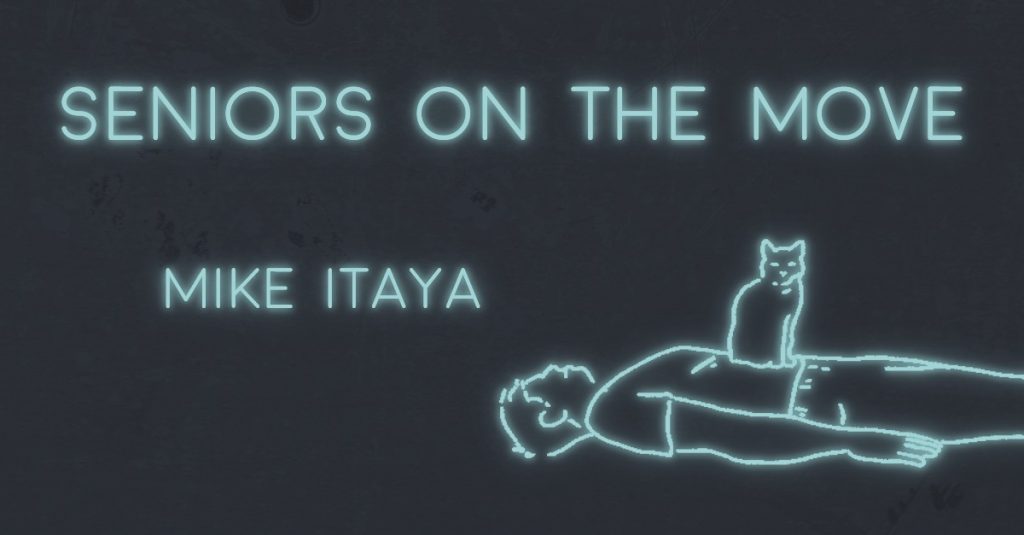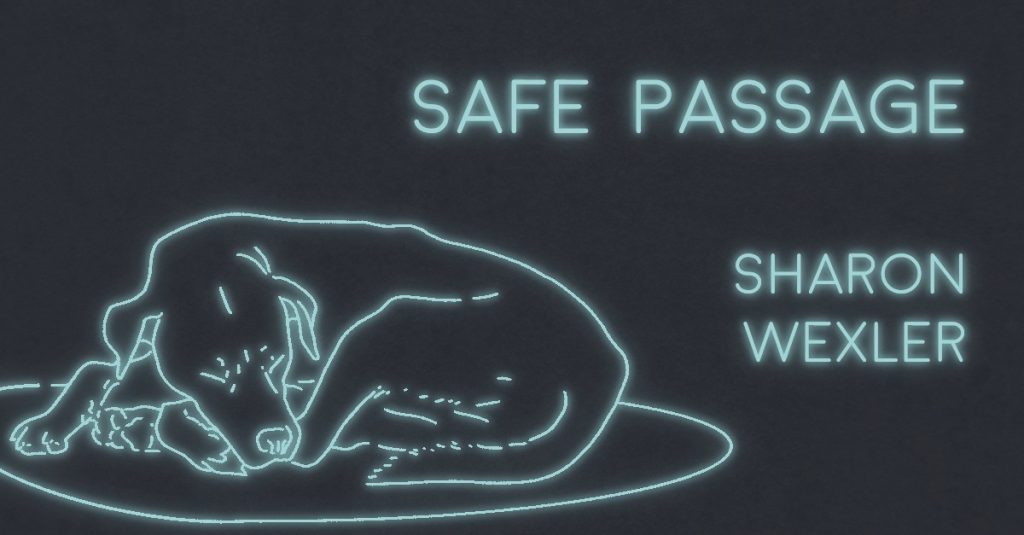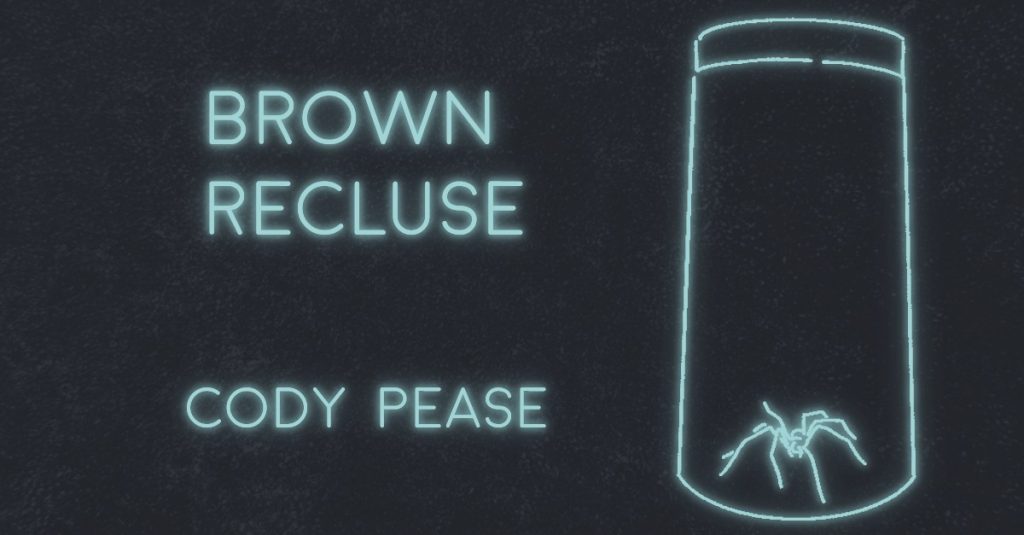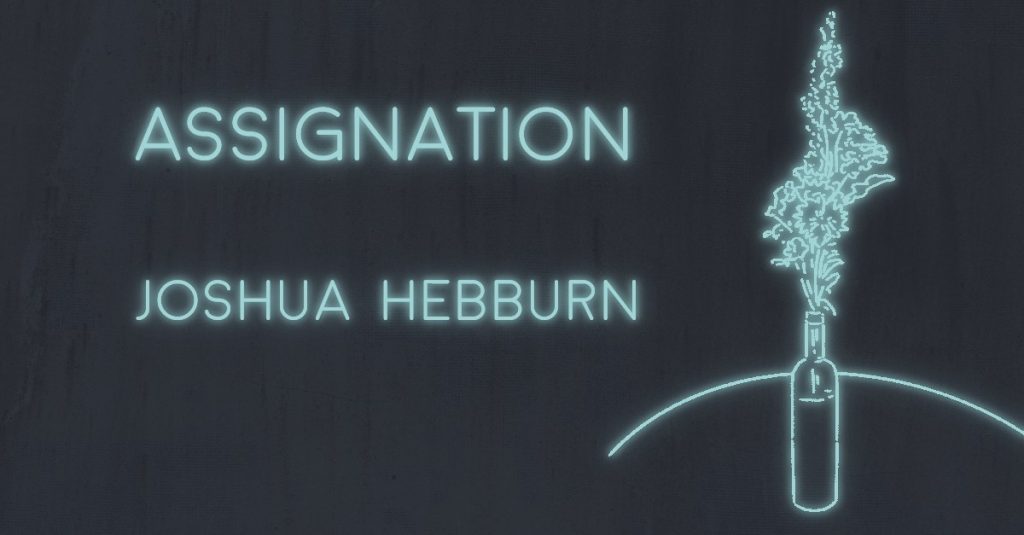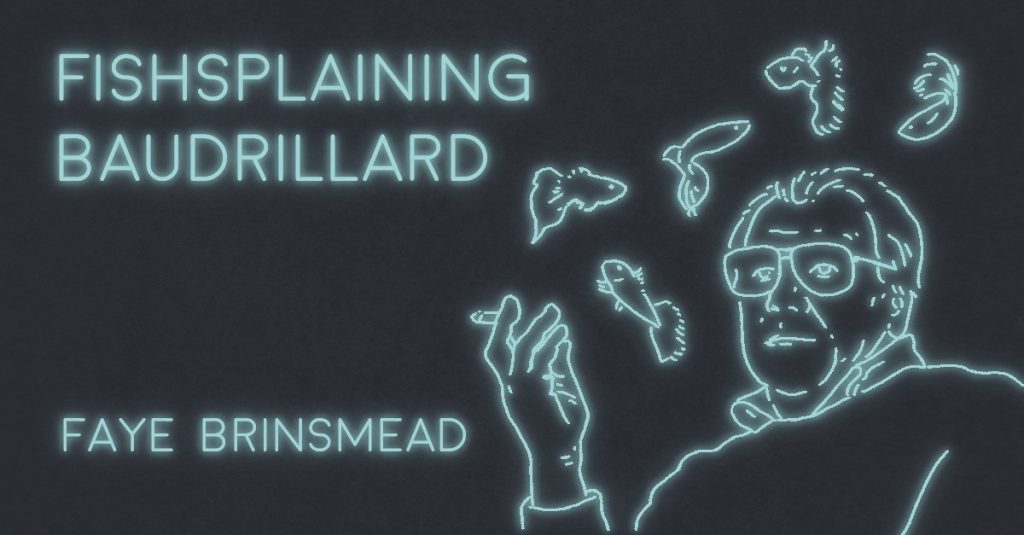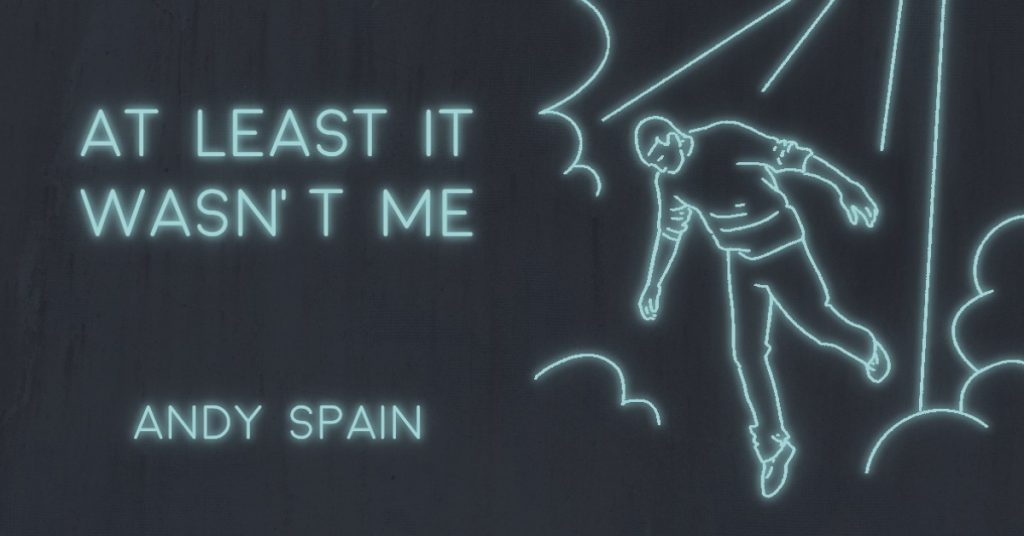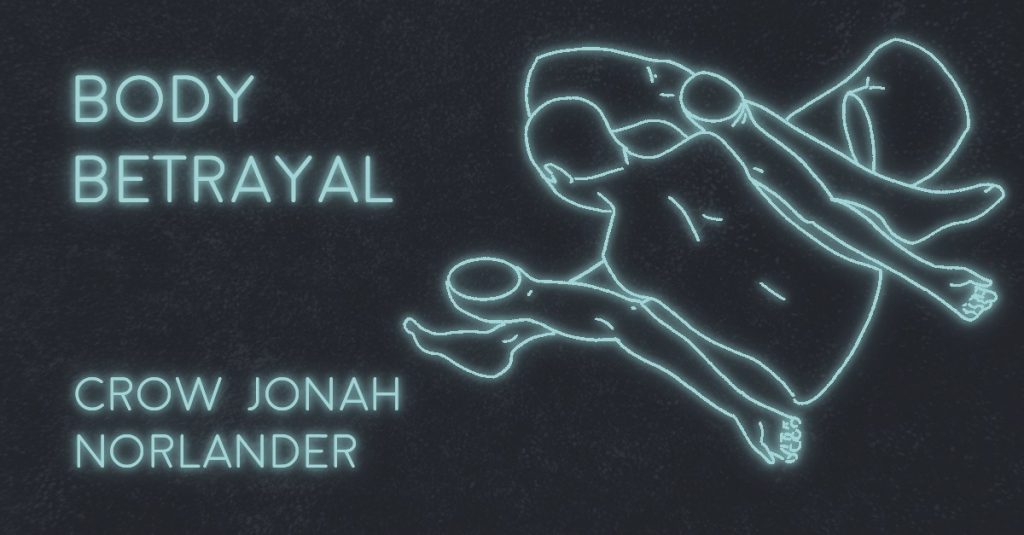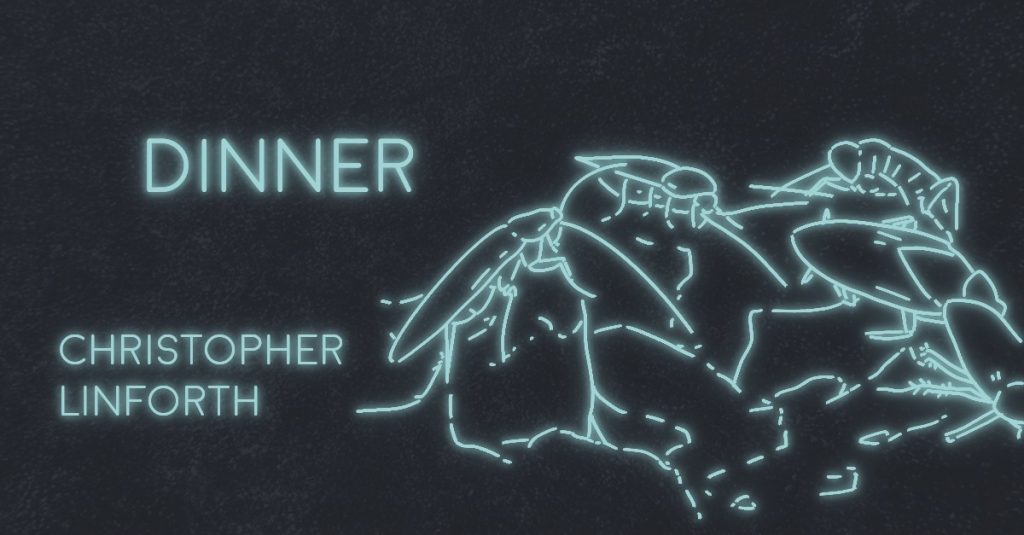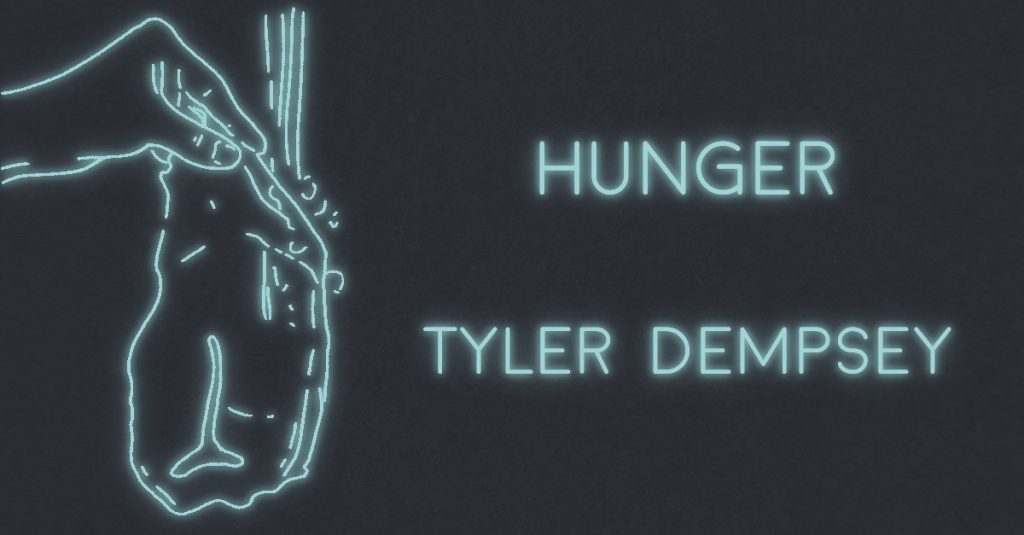
HUNGER by Tyler Dempsey
Robbed.
The ski-masked man squeezed my biceps.
“Easy,” I said.
He went, “Get in, fucks,” and nodded toward a black SUV, gun under Eddie’s throat. “Don’t even think about it.”
Eddie called shotgun.
That was yesterday.
Eddie’s my roommate. I’m 34. Too old for a roommate.
I fucked up.
Eddie’s on the couch. You could say “living” there. Old vomit, pink—like brain blended with Monster energy drink—arced but didn’t clear the cushions. My cat’s purring caked in matter needing chemicals to remove.
Ed’s stomach jiggles from a tank top. A hairy muffin hidden for later. Pink on his cheek, he loads a pipe with drugs.
“You know. We’re broke. After the robbery. Where’d you get this? Sure, thanks. Robbed. Never thought you’d be here is the thing. The couch needs cleaned. Maybe you could get off a few months? Actually, I’m selling it. Do you like cats?”
He “salvaged” what we’re smoking from the cushions, he says, as if defending it. It vaguely resembles something I smoked a week ago.
“I have an idea.”
“If it’s moving out, to a shelter or a new house, I’m ears.”
“I’m hungry.”
I look at his cheek.
“I’m listening.”
“Saw this movie. Guys burglarize a neighborhood, taking only shit they find in freezers. Like ham the wife bought ‘cause it was five bucks, now hard as a dick. Not even the husband cares if it goes missing. We hit a few. Food for a month.”
“I’m listening.”
Eddie could afford something like rent this way.
“This might work, I was gonna sell plasma for my aunt, who needs plasma. I’m not clear how plasma works. Let’s do it. How are we gonna walk with hams? I’ll be at load-capacity quick.”
“I got a car.”
How long had he been up?
“Shotgun.”
It’s a limo. I fucked up.
Ed parks on a hydrant; a stream catching sunlight, surges forth.
“I fucked up, Ed. Can I have back? I’ll never see inside a limo again.”
“Nah. Sit here with me. I get distracted, alone.”
Eddie’s a drag.
“This is badass.”
In gear, he creeps to the next house, considers the sidewalk, but instead eases on Ron’s grass.
“My neighbor.”
In the side-mirror, two girls laugh at the hydrant liberally hosing April’s air. Ron—neighbor who shuffles his driveway each morning, waving. He’s an asshole as far as I’m concerned.
“Do we have to hit Ron? He’s not bad.”
Ed looks at the limo, still idling, like, I was hoping to not be long.
Inside, Ed grabs Ron.
“Hi, Ron.”
In Eddie’s hand, Ron’s head slams the corner separating the kitchen from the living room. I don’t think he hears me over the screams.
On a black walnut table, in Ron’s spotless-year-round living room—carpet and furniture exceedingly white—is a Monster energy drink.
“It’s Monster,” I say, pointing.
Ron’s head is soft, where there’s head at all—pumpkin innards reluctant to release seeds. Pink, with flecks of Ron’s skull here and there, circle the spot where a head would be.
“Fuck, Ed.”
I think, This is good. We can eat yogurt while we wait for ham to thaw, certain Eddie hadn’t thought of that.
Ed’s scraping a T-bone coated in decades of frost with a butcher knife under scalding water; the frost withdraws revealing rotten treasures.
I spread lasagna from a Pyrex on the countertop.
We dive in.
I’m so hungry.
Ed tongues tidbits while I grab a tray of eclairs. Down in the sink next to where he’s scrubbing it goes; sopping hands raise piles, cheeks bulge, pastry drips from lips. I use my hand as a shovel to plumb chocolate from corners of the pan softened from dishwater.
“Yummm.” Ed grins.
His neck muscles strain working the T-bone, reminding me of a bald eagle’s leg I saw in a museum.
I feel bad for Ron. He looks like an old mop you let kids tie-die.
Partially-frozen steak resists Eddie’s teeth. Something about everything, the whiteness of Ron’s living room, his green lawn. Makes you unbelievably hungry.
I go to the window. The girls from earlier are peeling out in the limo. Grass and mud spray Ron’s lawn. Red and blue reflect back and forth in the hydrant’s geyser.
I hear sirens.
I run to the fridge.
Green bean casserole going soft on top comes out. We descend. He mops dregs of curdled sauce and beans with bread. I explode a bag of Doritos. Ed laughs. Chips rain down. “There’s never enough in the bag,” I say.
Crawling in the crumbs, I hear a knock.
“It’s the police.”
“No thanks!”
I look at Ed struggling to get turkeys from the freezer in Ron’s garage. It’ll work if he drops one.
“Ed.” I remember raccoons dying in a situation like this.
Ed. Not a bad guy.
“We’re breaking down the door.”
I fucked up. Not my day.
“One, two—”
My day will come.


